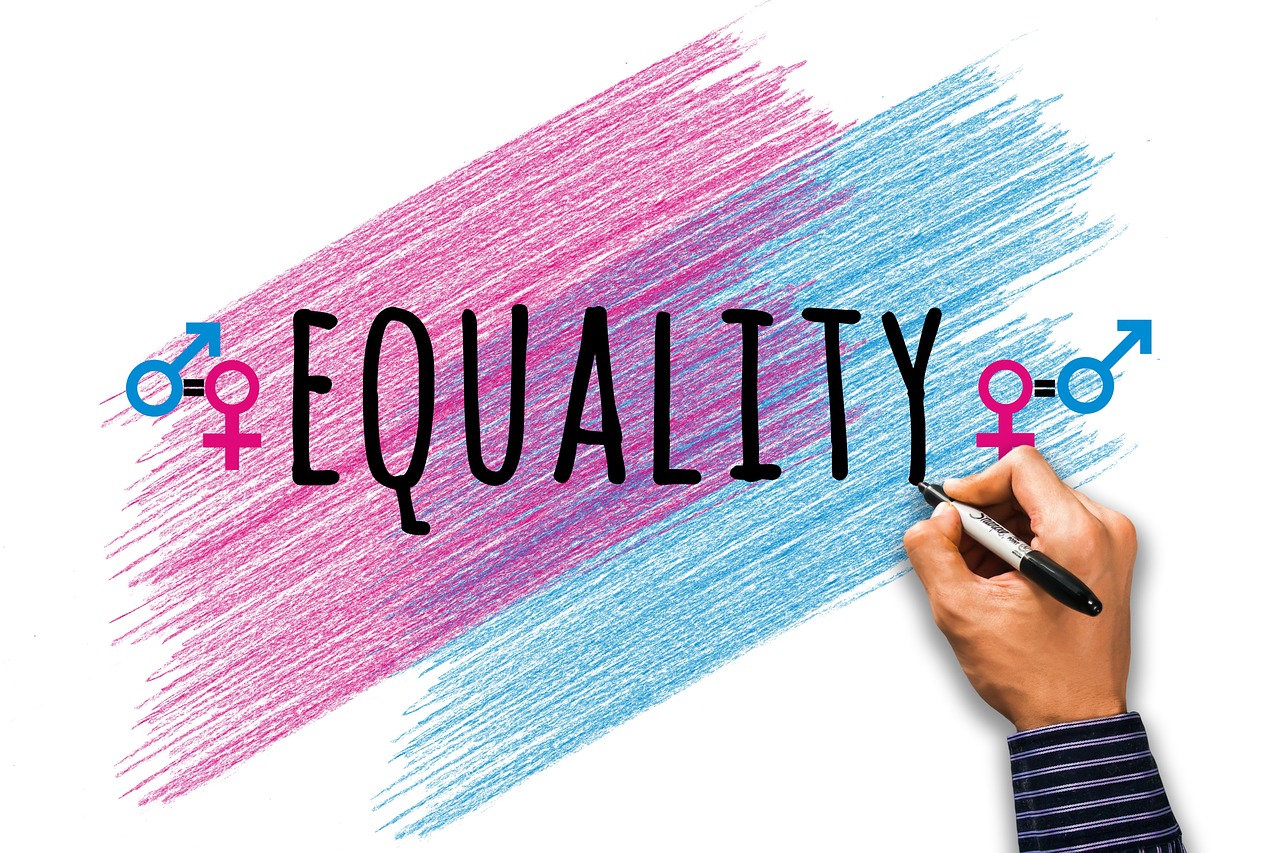Race discrimination and burden of proof in discrimination cases
The case of Royal Mail Group Ltd v Efobi, considered the matter of the burden of proof in discrimination claims.
Mr Efobi is a black Nigerian and a citizen of the Republic of Ireland. He was employed by the Royal Mail Group as a Postman. He has graduate and post-graduate qualifications in Information Systems and Forensic Computing. He made a number of applications for IT related jobs but without success. He submitted a claim for race discrimination.
At the Employment Tribunal hearing, Mr Efobi provided no evidence of comparators or their qualifications for the roles he claimed that he ought to have been recruited to, he had never requested this information from Royal Mail. His direct discrimination claim was dismissed. The Employment Appeal Tribunal (“EAT”) allowed Mr Efobi’s appeal stating that there was sufficient basis for the Employment Tribunal to draw inferences of discrimination from Royal Mail’s knowledge of his qualifications, and their failure to disclose information of successful candidates even despite Mr Efobi not requesting them.
The Court of Appeal rejected this and dismissed the claim stating that Mr Efobi had never established enough evidence for the burden to even shift before inferences could be drawn. The allegations of discrimination were mere assertions unsupported by evidence and Mr Efobi had not discharged the burden of proof on him to establish a case of direct race discrimination. It was also made clear in the judgment that it is not for the employer to do the work for the claimant and to provide such information as it thinks might advance his case.
The Court of Appeal’s decision provides useful clarity and guidance following the EAT’s radical departure from the accepted and long-standing test on the burden of proof. Claimants must therefore be cautious in pursuing claims for discrimination based on mere assumptions without any factual basis. It is important to note that the outcome in this case could have been different if Mr Efobi requested details of the comparators, and following this, relevant evidence was withheld by Royal Mail or evasive replies were provided because the Tribunal has the power to draw an adverse inference of discrimination from any failure to respond and/or any evasive reply to a relevant request for further information.




